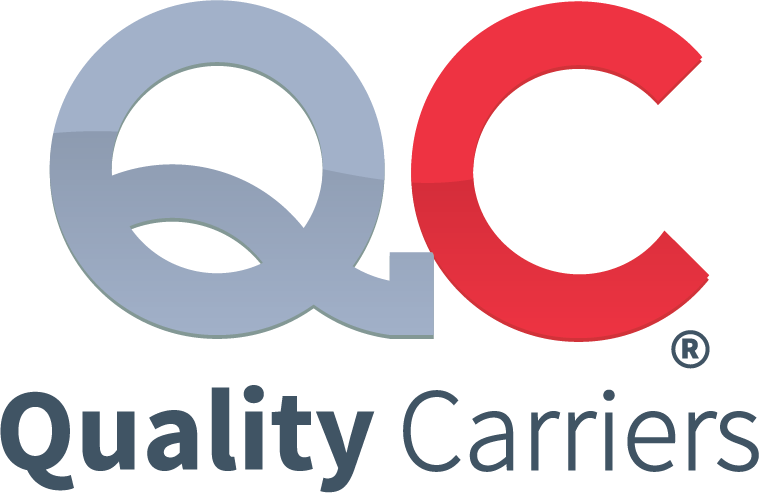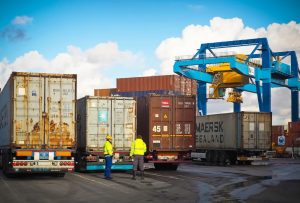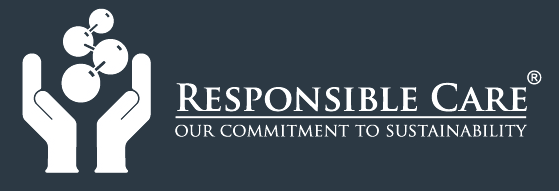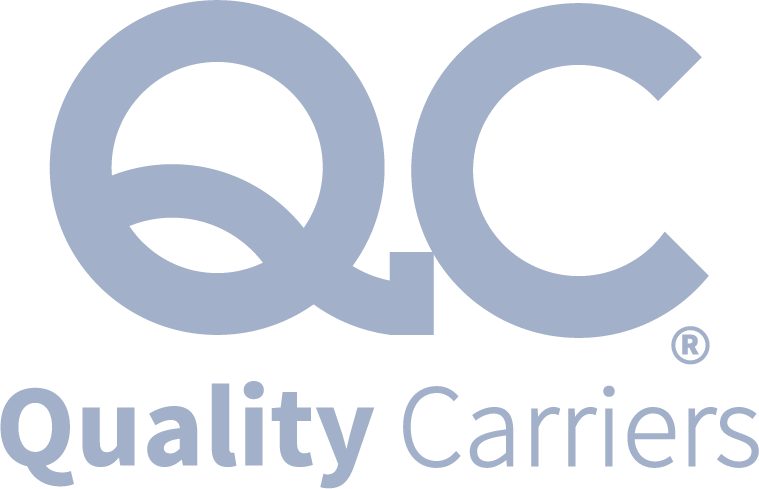If you’re considering a career in trucking or already working as a truck driver, you may have heard about endorsements for your commercial driver’s license (CDL). One common question is whether you need a tanker endorsement for hauling dry bulk materials.
This blog post will determine whether a tanker endorsement is necessary for dry bulk transport and explore why endorsements matter in the trucking industry.
What is a Tanker Endorsement?
A tanker endorsement certification allows truck drivers to operate commercial vehicles that transport liquid or gaseous materials in bulk. These tanker vehicles typically have specialized tanks or compartments for holding and transporting liquids. The tanker endorsement aims to ensure that drivers have the knowledge and skills necessary to safely handle these types of cargo, which can present unique challenges due to their weight distribution and potential for sloshing or shifting during transport.
Types of Tanker Endorsements
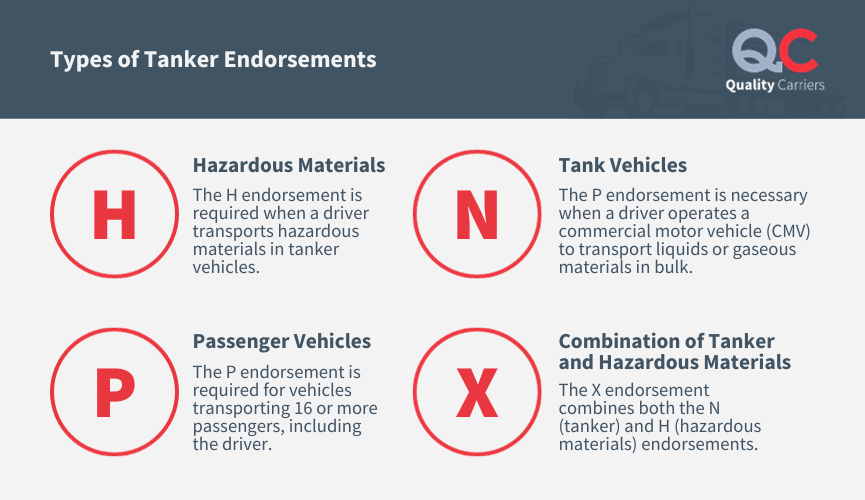
Tanker endorsements on a commercial driver’s license (CDL) signify a driver’s authorization to operate specific types of tanker vehicles. Here are the common types of tanker endorsements:
- H Endorsement (Hazardous Materials): The H endorsement is required when a driver transports hazardous materials in tanker vehicles. Hazardous materials are substances and materials the U.S. Department of Transportation (DOT) has classified as hazardous. This endorsement signifies that the driver is qualified to handle and transport such materials safely.
- N Endorsement (Tank Vehicles): The N endorsement, or the tanker endorsement, is necessary when a driver operates a commercial motor vehicle (CMV) to transport liquids or gaseous materials in bulk. This includes liquid cargo such as water, milk, gasoline, chemicals, and gases like propane and oxygen. The N endorsement ensures the driver understands tanker operations’ unique challenges and safety precautions.
- P Endorsement (Passenger Vehicles): While not directly related to tanker operations, the P endorsement is relevant for drivers who operate CMVs that carry passengers. This endorsement is required for vehicles transporting 16 or more passengers, including the driver. It applies to buses and certain types of passenger vans.
- X Endorsement (Combination of Tanker and Hazardous Materials): The X endorsement combines both the N (tanker) and H (hazardous materials) endorsements. Drivers with an X endorsement are qualified to transport hazardous materials in tanker vehicles. This endorsement is necessary when transporting hazardous materials in a tanker, covering a broad range of liquid and gaseous hazardous substances.
When is a Tanker Endorsement Required?
Tanker endorsements are required when specific criteria are met, as defined by tanker regulations. If a tanker load meets the following three conditions, a trucker must possess a tanker endorsement:
- Individual Liquid or Gaseous Containers: The cargo consists of individual liquid or gaseous containers, each with a capacity exceeding 118 gallons.
- Loaded Containers: These containers must be loaded, not empty, indicating that they contain liquid or gas.
- Total Combined Volume: The total combined volume of the liquid or gaseous materials on the tanker exceeds 1,000 gallons.
These criteria ensure that only highly qualified truckers, trained to handle such loads safely, transport liquid or gaseous materials in bulk. Importantly, it’s worth noting that if a trucker is transporting 1,000 gallons of individual liters or cans of beverages, they do not require a tanker endorsement. This is because beverages in individual containers do not meet the requirement of individual containers with a capacity exceeding 118 gallons, specific to hazardous materials and certain bulk liquids or gases.

Do You Need a Tanker Endorsement for Dry Bulk?
The short answer is NO, you typically do not need a tanker endorsement for dry bulk shipping. Dry bulk carriers transport goods in a powdered, granulated, or free-flowing form, such as grains, cement, or chemicals, which do not fall under the definition of liquid or gaseous cargo that necessitates a tanker endorsement. Tanker endorsements are specifically for drivers who transport liquids or gases in individual containers with capacities greater than 118 gallons and in total quantities exceeding 1,000 gallons.
However, it’s crucial to remember that regulations and requirements can vary by state and change over time. It’s always a good idea to consult your state’s Department of Motor Vehicles (DMV) or relevant regulatory agency to confirm the current endorsement requirements in your area. Additionally, some employers may prefer or require drivers to hold a tanker endorsement, even for dry bulk positions, as it demonstrates a broader range of skills and qualifications.
In conclusion, understanding CDL endorsements and how they apply to your specific trucking niche is essential for a successful and compliant career. While a tanker endorsement is not typically required for dry bulk transportation, staying informed about local regulations and employer preferences is crucial. Whether you’re a seasoned truck driver or just starting your career, keeping your endorsements updated and aligning them with your intended job duties will help you secure the best opportunities in the trucking industry.
Tanker Endorsements FAQs
Is a tanker endorsement the same as a hazardous materials (hazmat) endorsement?
No, they are different endorsements. A tanker endorsement is for transporting liquids or gases, while a hazmat endorsement is for transporting hazardous materials. You may need both if your cargo is hazardous and in a tanker.
Can I combine a hazmat endorsement with a tanker endorsement?
Yes, you can hold multiple endorsements on your CDL, including hazmat and tanker endorsements. This allows you to transport hazardous materials in tankers if needed.
What happens if I transport tanker cargo without the required endorsement?
Operating a tanker vehicle without the proper endorsement is illegal. This can result in penalties, fines, and the suspension of your CDL. Therefore, it’s essential to ensure compliance with endorsement requirements.
